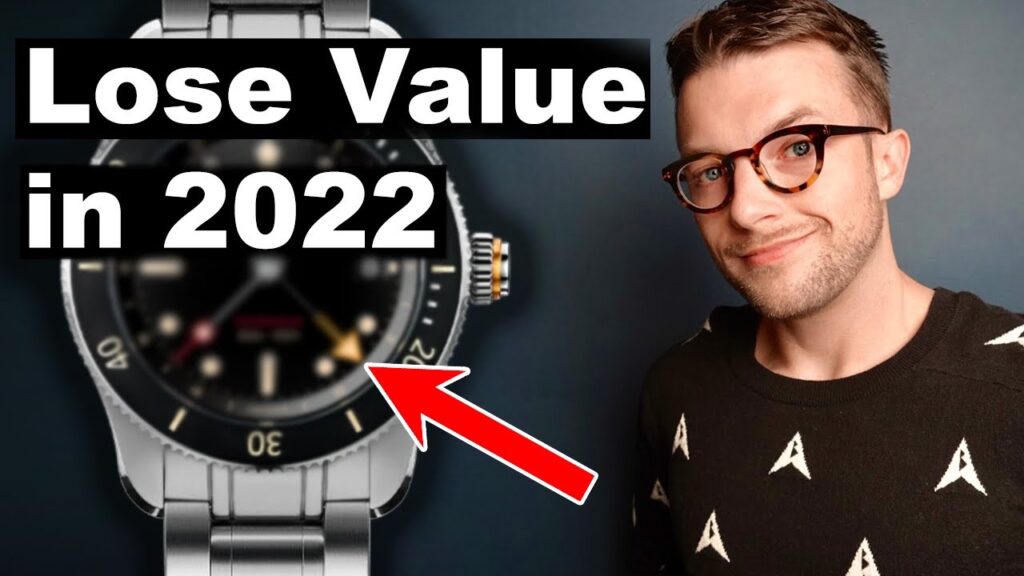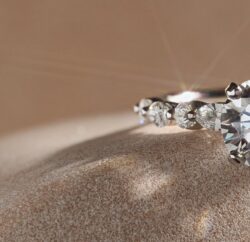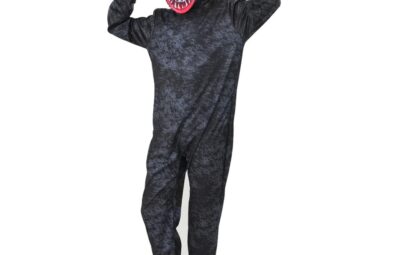
When it comes to determining the value of a watch, there are many factors that go into it. Some of these are simply based on how strong the brand is, while others are related to what the watch is able to do for people.
As of late, the secondary market for luxury watches has been experiencing a price correction. This is good news for people who are interested in watching their watches appreciate in value.
1. Demand for Luxury Goods is Decreased
For many years, the luxury goods market has enjoyed strong demand as consumers coveted items that were high quality and possessed an aesthetic appeal. This demand was driven by various factors, including the desire for an ego boost and the belief that owning luxury goods would lead to other wealth building opportunities.
However, after the 2009 financial crisis and the COVID-19 pandemic, demand for luxury goods declined significantly. This trend is expected to continue.
The most important factor that drives demand for luxury goods is the ability to pay a higher price for products. Inflation, which is on the rise, has made it harder for people to buy more luxury products.
This can result in a shortage of inventory and higher prices. Consumers are also increasingly preferring to purchase their luxury items online, where they can get more information about products and receive a better experience.
These trends are expected to continue, which is good news for the luxury industry. But it does mean that brands will need to adjust their business models and marketing strategies to accommodate them.
One way to do this is by expanding into new target markets through partnerships with larger brands that appeal to a wider audience. This will allow the luxury brand to expand their consumer base and potentially increase their revenue.
Another way to increase sales is by focusing on fewer product categories and appealing to a broader range of consumers. This will help the brand to maintain its value and avoid shrinking in the long run.
The luxury industry is facing many challenges, from the global economic crisis to the recent war in Ukraine. However, the industry is resilient and can continue to grow.
2. Fear-Driven Economy
Fear has always been a powerful force in human history. From religion to socio-economic power structures, fear has always been used to gain and exert control over people.
When a crisis strikes, fears can cause people to stop spending and companies to stop investing. This can negatively impact the economy and lead to a recession.
This is why the stock market has a fear-and-greed index, which measures the amount of shares that are rising on a given day against those that are falling. Low levels of this measure are often a sign that investors are afraid.
The fear-driven economy is a real thing, and it can have a direct effect on the watch industry. When a luxury goods market is experiencing a “correction” or a drop in value, it can have a significant impact on the price of the product.
If you have been a regular reader here at Watches and Jewels, you may be familiar with the Rolex and Patek Philippe market. Over the last few years, these brands have soared in price.
As a result, the demand for these brands has increased to a point where it’s hard to find them in any of their authorized dealers. The grey market has also risen in size, so you can now find many watches at auction or for sale on websites like eBay.
While the watch industry has experienced a decline in the last few years, it is not necessarily a sign that it is going to crash. As long as people keep buying watches and keeping them for a reasonable period of time, the overall market should stabilize.
In the meantime, you should make sure that you have a well-informed and educated plan before making any decisions about your collection. This will give you the best chance of staying in your position and not getting sucked into the market when the next big crisis hits.
3. War in Ukraine
The war between Russia and Ukraine is a major international flashpoint and is considered to be the most dangerous conflict in Europe since World War II. Many experts view the battle as a manifestation of renewed great-power rivalry.
The conflict has been a massive human rights and humanitarian catastrophe with at least 8 million people displaced within Ukraine, 6 million fleeing to neighboring countries, and over five thousand deaths reported by the UN. It is also a serious economic disaster with people having to pay higher prices for basic necessities, including water, electricity and heating.
As the fighting has escalated, so has the need for humanitarian assistance, especially in winter when Ukrainians face freezing temperatures and shortages of fuel, food, medicine, medical supplies, education and social protection. As a result, UNHCR has intensified its operations in Ukraine and in neighboring countries, supporting people escaping the war by delivering cash assistance, emergency shelter repair kits, health and psychological counseling and legal aid.
But there are still challenges. In the meantime, the war has exacerbated global food insecurity and has led to further spikes in oil prices that have put pressure on the U.S. economy, as well as on other Western economies that rely on imported oil.
As the conflict continues, there is a strong possibility that the war could expand to other territories and that President Putin will seek a nuclear confrontation with Western nations. Regardless, democracy and deterrence are two key ingredients that must remain in place for the long-term success of Western policies in Ukraine.
4. Crypto Crash
Cryptocurrencies have been experiencing a crash since November, and the market is still trying to recover. The recent decline has impacted a number of asset classes, including luxury watches.
One way watches are losing value is due to a shortage of liquidity in the crypto market, which means it’s hard for sellers to find buyers and drive prices down. This is especially true for cryptocurrencies with low demand, such as Bitcoin.
Another reason watches are losing value is because of a decline in demand for high-end timepieces. This is happening with both new and used watches, but is primarily occurring in the second-hand market.
In the past, demand for coveted watches was strong and prices were higher than ever before. In many cases, investors were willing to pay a multiple of their retail price for certain models.
But in the current market, people are becoming more cautious and are looking for other options for their money. This is because of higher interest rates, record-high inflation and a loss of confidence in crypto investments.
It is also because of a decrease in the availability of crypto-based investment products, such as apps that allow investors to trade digital assets. These factors have affected the stock market, as well.
This is why it’s important to understand how a crypto market works and how to prepare for a potential crash. The best way to do this is to stay up-to-date on the latest trends, and always have some liquid cash on hand in an amount you’re comfortable with.
It is also important to understand that a watch’s value can depreciate if the owner does not maintain it properly. This is especially true if you’re buying an older model.
5. Outside Investors
A lot of outside investors are buying watches. These buyers are not part of the watch community, but they are buying watches because they believe that the watches they buy will increase in value.
The problem with this is that watches are not a sure thing when it comes to resale. The market is highly volatile and unpredictable, so you can never know where a watch will go in the future.
If you’re thinking about investing in a watch, you should do your research and make sure that the model you buy is worth its current price. You should also spend time learning about the brand, the story behind it, and how to maintain it so that it lasts as long as possible.
While there are some risks involved when investing in a watch, the majority of people agree that it is a good way to preserve your wealth. Unlike a stock or government bond, watches don’t guarantee you a return. Instead, they are a way to pass down your family’s legacy.
In fact, most experts agree that investing in a watch is more about enjoying the watch than it is about its resale value. If you love your watch, you won’t be bothered by the thought of selling it in ten years or how much it could make you.
Another reason that watch prices are dropping is that sellers are choking supply of certain models, especially those from Rolex and Patek Philippe. This artificial choking of supply increases demand and drives up prices. It is a very similar phenomenon to the Bitcoin bubble that crashed in 2021.












